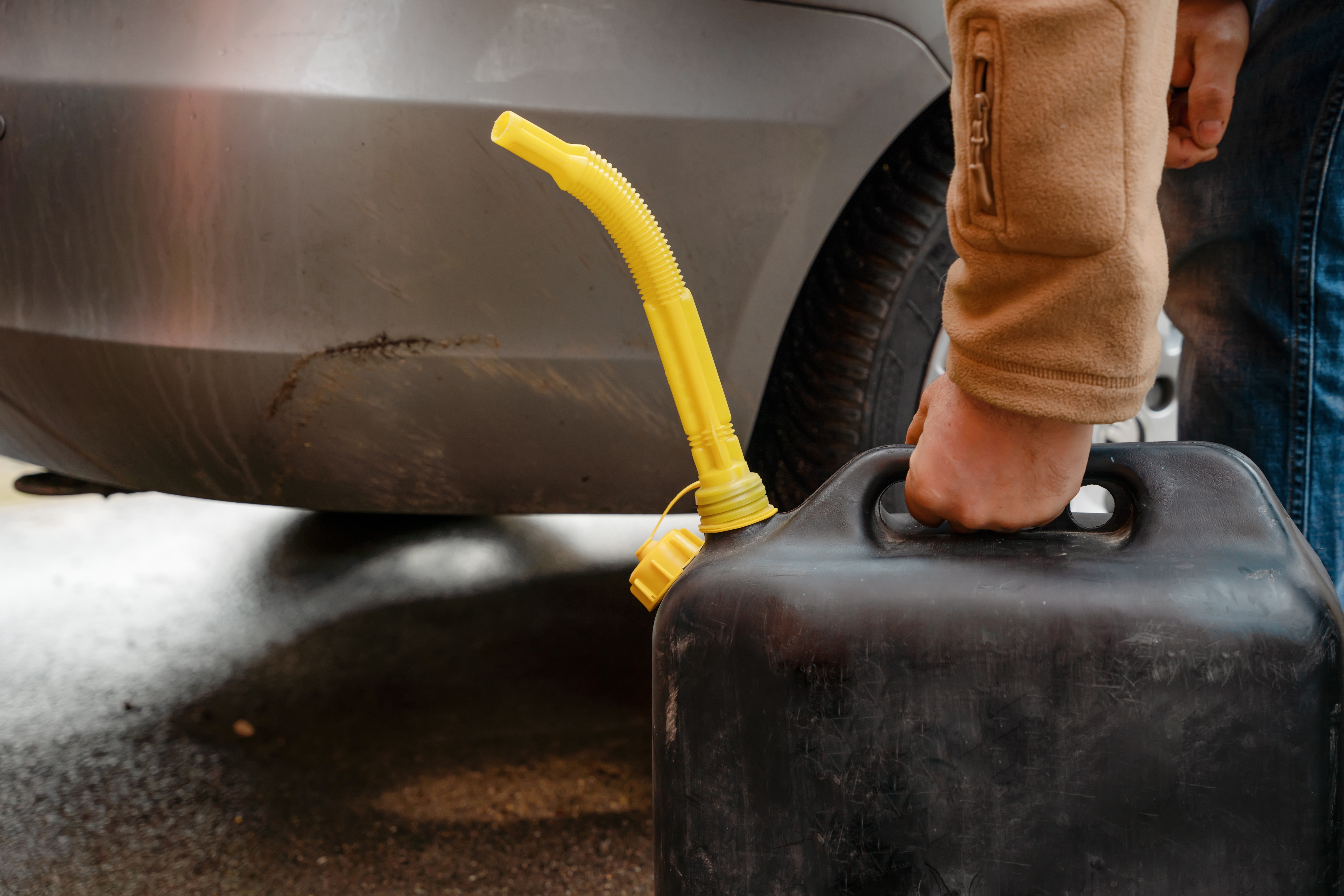It is very likely you will have flammable materials in your home, but do you know how to properly store them when they’re not in use? When stored improperly, flammable liquids can cause fires and explosions.
Flammable liquids commonly found in and around the home include:
- Petrol/Diesel
- Nail polish
- Furniture polish
- Paint thinner and turpentine
- All aerosols – they contain butane
- All cooking oils
- Non-dairy creamers
- Rubbing Alcohol
- Hand sanitizer
- WD40, and most other oils and lubricants
- Stain removers – both for removing carpet stains and laundry stain removers
- Hair sprays, and hair mousses
- Paints
- Linseed oil / Flaxseed oil
- Oily rags or other material that has been soaked in any of the above.

If you keep flammables in or around your home, here is how you can store them properly and hopefully avoid problems:
- Keep flammable liquids to a minimum, it is more dangerous to keep large quantities of these items.
- It’s important to always keep flammable liquids in the proper containers - the wrong container can lead to problems. Flammable liquids should be kept and transported only in approved containers - so having proper storage containers is vital.
- Garden liquids should be kept away from your home in a well-ventilated area like a shed.
- Household flammable liquids should be stored in a dark cupboard, like under the sink is ideal because it’s out of sunlight and stored at room temperature, and away from ignition sources.
- Store flammable liquids where there are no possible ignition sources around where these items are kept for example electrical tools, open flames or other sources of ignition—like your car or cigarettes.
- When storing flammable liquids take note of the temperature in the storage area. The room where your flammables are stored should never be exposed to high heat, such as intense summer temperatures, or direct sunlight. If you don’t have an area around your home that meets this, you should avoid having to store these items or you can obtain a flammable liquid storage cabinet. Your storage area should always be kept locked so that children and pets can’t get into stored flammables.
- Use disposable cloths and dispose of them carefully, making sure they’re left outside to air dry before putting in the bin. This can take two days depending how soaked the rags are. You’ll know it’s dry when the substances have solidified onto the cloth. While they’re wet, they’re at risk of igniting. If you are using re-usable cloths, handwash them only and air dry them. Do not put them in a dryer. Even after they’re washed.
Possible ignition sources include anything that might create a spark when used:
- Electrical appliances.
- Welding equipment.
- Power tools (And some hand tools).
- Cars and motor bikes
- Pilot lights on gas cookers, gas boilers, and ovens.
- Hot surfaces such as furnaces, wood burners, lamps and light bulbs.
- Lit cigarettes.
- Static electricity.
Remember proper storage of flammable liquids is important not just for your safety, but for the safety of your family and neighbours. Use common sense when handling flammables. And always take the time to store them properly so that you can avoid problems down the road.
If there is a fire, make sure you quickly get yourself and others to a safe position and call the fire service as soon as it is safe to do so. Do not attempt to fight the fire yourself, fires can quickly get out of control. If in doubt, get out.
For more advice please contact your local fire service and arrange a home fire safety visit.
Your safety
For more information on how to stay safe in your home, visit Your Safety.